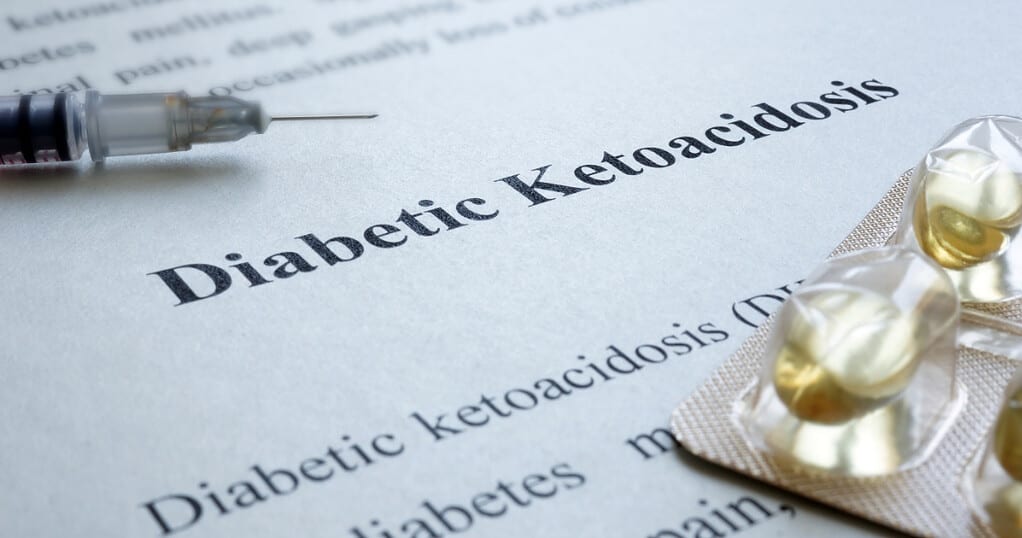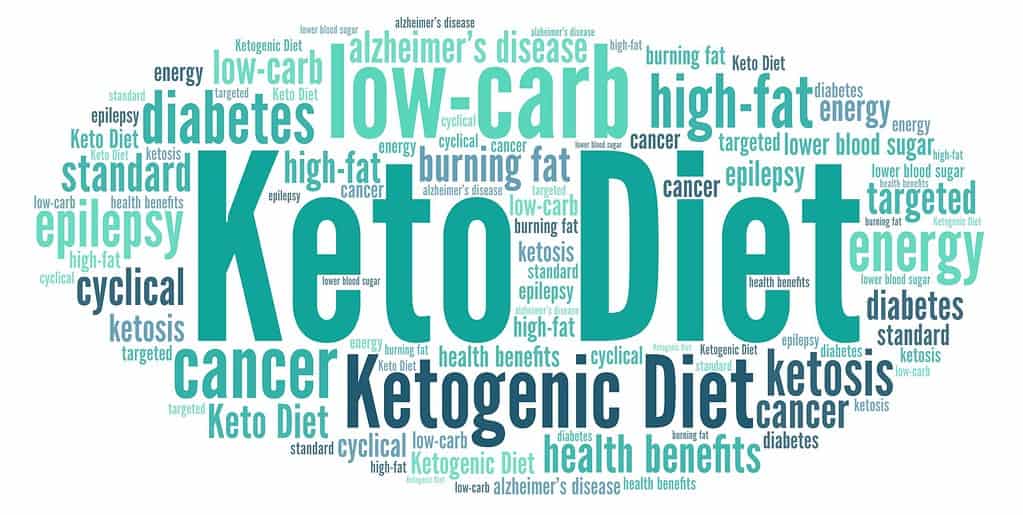
Introduction
The ketogenic diet has become increasingly popular over the years and for a good reason. It has been shown to be an effective weight loss tool, improve blood sugar control and enhance cognitive function. However, with the increased popularity of the diet comes increased confusion surrounding the terms ketosis and ketoacidosis. Many people use these terms interchangeably, but they are not the same thing. In fact, the difference can be crucial for those following a ketogenic diet or managing a medical condition such as diabetes. In this article, we’ll clear up the confusion and explain the difference between ketosis and ketoacidosis in simple terms, so you can confidently navigate your keto journey or manage your health with clarity and ease. Understanding Ketosis and Ketoacidosis
Ketosis is a metabolic state in which the body burns fat for energy instead of glucose. This is achieved by limiting carbohydrate intake to a very low level, typically less than 50 grams per day. When the body is in ketosis, it produces molecules called ketones, which are used as fuel for the brain and body. This metabolic state is the goal of the ketogenic diet, and it can be achieved through diet alone or with the help of exogenous ketones or supplements.
What is Ketoacidosis?

Ketoacidosis, on the other hand, is a serious medical condition that occurs when there is an excess of ketones in the blood. This condition is most commonly associated with uncontrolled diabetes, but it can also occur in people following a very low-carb diet, especially if they have an underlying medical condition. In ketoacidosis, the blood becomes too acidic, which can lead to organ damage and even death if left untreated.
Key Differences Between Ketosis and Ketoacidosis
The key difference between ketosis and ketoacidosis is the level of ketones in the blood. In ketosis, the level of ketones is elevated but still within a safe range. In ketoacidosis, the level of ketones is dangerously high, and the blood becomes too acidic.
Another key difference is the cause of each condition. Ketosis is a normal metabolic state that occurs when carbohydrate intake is restricted. Ketoacidosis, on the other hand, is a medical emergency that occurs when the body cannot regulate the production of ketones.
Causes of Ketoacidosis
The most common cause of ketoacidosis is uncontrolled diabetes. In people with diabetes, the body cannot produce enough insulin to regulate blood sugar levels. This causes the body to break down fat for energy, which in turn leads to the production of ketones. If left untreated, the level of ketones can become dangerously high, leading to ketoacidosis.
Ketoacidosis can also occur in people following a very low-carb diet, especially if they have an underlying medical condition such as liver or kidney disease. In these cases, the body may not be able to properly metabolize the excess ketones, leading to ketoacidosis.
Symptoms of Ketoacidosis
The symptoms of ketoacidosis can vary depending on the severity of the condition but typically include:
Excessive thirst
Frequent urination
Nausea and vomiting
Abdominal pain
Confusion or difficulty concentrating
Rapid breathing
Fruity-smelling breath
If you are experiencing any of these symptoms, it is important to seek medical attention immediately.
Treatment for Ketoacidosis
The treatment for ketoacidosis typically involves hospitalization and the administration of intravenous fluids, insulin, and electrolytes. The goal of treatment is to lower the level of ketones in the blood and restore the body’s acid-base balance. In severe cases, hospitalization in an intensive care unit may be necessary.
How to Achieve Ketosis Safely
Achieving ketosis safely involves following a well-formulated ketogenic diet that provides all of the necessary nutrients while limiting carbohydrate intake. Working with a healthcare provider or registered dietitian is important to ensure that your diet is nutritionally balanced and meets your individual needs.
In addition to diet, other factors can affect the body’s ability to achieve and maintain ketosis, including exercise, stress, and sleep. It is important to prioritize these factors as well for optimal health and weight loss.
Benefits of Ketosis

Ketosis has been shown to have a number of health benefits, including:
Weight loss
Improved blood sugar control
Reduced inflammation
Improved cognitive function
Reduced risk of certain cancers
However, it is important to note that the long-term effects of a ketogenic diet are still being studied, and there may be risks associated with following the diet long-term.
Conclusion
In conclusion, ketosis and ketoacidosis are not the same things, and it is important to understand the difference between them. Ketosis is a metabolic state that is achieved through carbohydrate restriction, while ketoacidosis is a medical emergency that occurs when the body cannot regulate the production of ketones. By following a well-formulated ketogenic diet and working with a healthcare provider or registered dietitian, you can achieve and maintain ketosis safely while reaping the potential health benefits.


